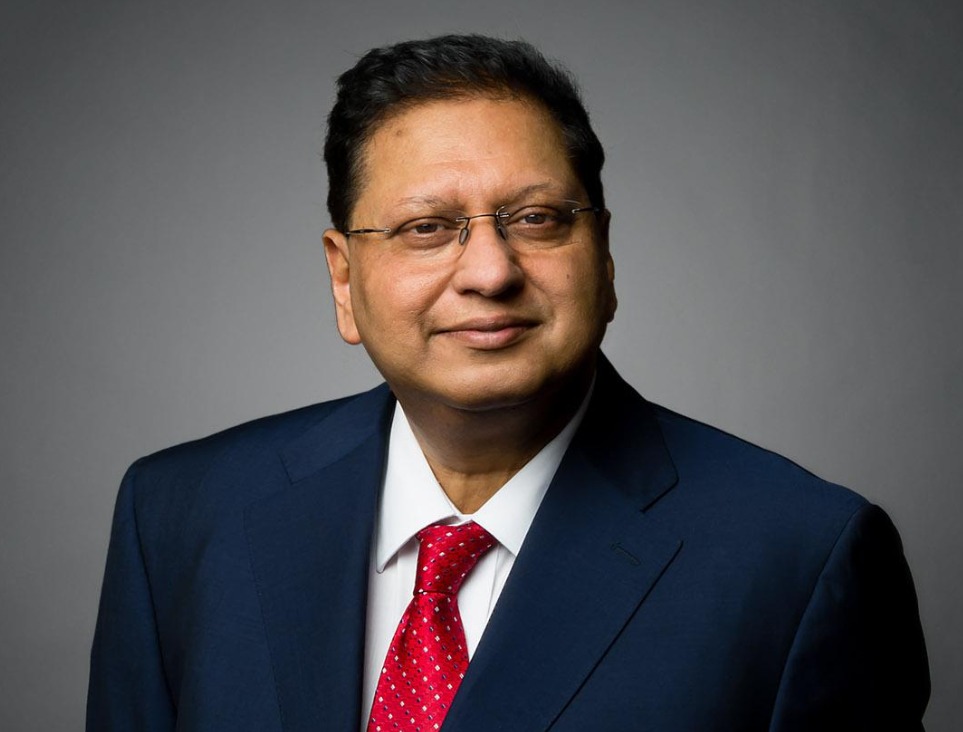Tonmoy Sharma, the Indian-origin founder and former CEO of the now-closed Sovereign Health Group, was arrested on May 29 at Los Angeles International Airport. Sharma, 61, a resident of Tustin, was taken into custody following an eight-count federal grand jury indictment.

He is accused of submitting more than USD 149 million in fraudulent claims to health insurance companies and paying over USD 21 million in illegal kickbacks for patient referrals.
Sharma, who originally hails from Assam in Northeast India, has been charged with four counts of wire fraud, one count of conspiracy, and three counts of illegal payments for patient referrals to clinical treatment facilities.
Along with him, Paul Jin Sen Khor, 45, of Irvine, was also arrested. Khor worked as the cash management and accounts payable supervisor at Sovereign. He has been charged with one count of conspiracy and one count of illegal remunerations.
He was presented in a federal court in Santa Ana, where he pleaded not guilty. The court set a trial date for July 29 and released him on a bond of USD 20,000.
The indictment states that Sovereign Health Group, which was based in San Clemente, once operated as a well-known addiction treatment provider in Southern California and other states. Between 2014 and 2020, the company billed private insurance providers for treatments given to drug-addicted and mentally ill patients, often at high out-of-network rates.
Under Sharma’s direction, Sovereign staff actively sought patients through aggressive marketing and false promises. One of the false claims was that treatment costs would be covered by a charitable foundation, which did not actually exist.
The foundation was reportedly used to collect personal information from patients, which employees then used to secretly enroll them in private insurance plans. In some cases, staff pretended to be the patients while applying for insurance policies.
To qualify these patients for subsidised private insurance under the Affordable Care Act instead of Medicaid, Sovereign allegedly submitted false information about income and life events. Insurance companies would not have accepted these policies had they known the truth.
The indictment also alleges that Sharma directed Sovereign to fraudulently bill more than USD 29 million for urinalysis tests. These included expensive comprehensive panel tests not authorised by the doctors listed. In some cases, claims were made under the names of doctors who no longer worked with the company.
Sharma reportedly instructed staff to conduct both quick cup tests and high-cost panel tests up to three times a week on each patient.
The case also involves allegations of illegal payments to patient brokers disguised as marketing contracts. More than USD 21 million was allegedly paid in kickbacks through fake agreements.
If convicted, Sharma could face up to 20 years in federal prison for each count of wire fraud. Both Sharma and Khor could also face up to five years for the conspiracy charge and up to 10 years for each count related to illegal payments.


